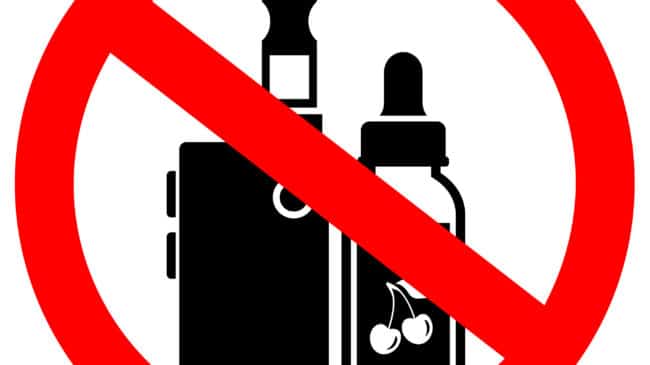All aspects of life are being affected by the COVID-19 pandemic. At this time of crisis, it’s critical that governors and state legislatures avoid taking actions that could conceivably make the situation worse.
Unfortunately, Florida is on the brink of doing precisely that.
The Florida House and Senate recently passed Senate Bill 810. The bill is awaiting Gov. Ron DeSantis’ signature. Originally intended to bring Florida into line with federal legislation raising the tobacco age to 21, an amendment was added that would ban the sale of all non-tobacco e-cigarette flavors.
E-cigarette flavors make up more than 80 percent of the adult market. The vast majority of adult vapers using e-cigarettes in an effort to quit smoking use flavors other than tobacco. Vapers often cite these flavors as a crucial part in their transition away from smoking and they’re one of the many reasons why e-cigarettes are so much more effective in helping smokers quit than traditional nicotine replacement therapies.
A study by researchers from the Yale School of Public Health found that “a ban on flavored e-cigarettes would drive smokers to combustible cigarettes, which have been found to be the more harmful way of getting nicotine.” The researchers concluded that banning flavors “reduces the appeal of e-cigarettes to those who are seeking to quit (smoking); e-cigarettes have proven useful as a cessation device for these individuals, and we find that quitters have a preference for flavored e-cigarettes.”
But the argument for banning these flavors in Florida is not centered on adults, but on fears surrounding the numbers of young people who are currently vaping. Non-tobacco flavors, it’s claimed, are the key appeal to underage users and responsible for the uptick in youth vaping in recent years. But these claims don’t match up with the evidence.
According to a survey of teens by the Centers for Disease Control Prevention (CDC), the number one reason why kids vape is “curiosity” followed by peer and familial influences. In the survey, the availability of flavors came a distant third at 22.3 percent.
Additionally, Florida has done a superb job of limiting youth access to e-cigarettes. In 2019, 16.6 percent of Florida high schoolers said they had used an e-cigarette in the past 30-days, which is well below the national average.
So banning flavors isn’t likely to reduce youth vaping in the state but could come with unintended consequences.
In 2018 alone, Florida’s vaping industry created more than 5,000 jobs. These figures don’t even account for convenience stores that sell e-cigarettes. If SB 810 receives the governor’s signature, more than 1,000 vaping-related small businesses could face closure in short order.
And as we fight the spread of COVID-19, the pandemic adds an even more immediate reason to reject prohibition. The products sold in vape shops are not available in convenience stores and gas stations. If vapers’ products are banned, most are likely to make what would’ve been unnecessary trips to crowded stores to buy new vapes or to switch back to and buy lethal traditional cigarettes. Neither of these outcomes is desirable if we want to limit face-to-face commercial interactions. And it is partially why Italy, which is the country currently suffering the most as a result of the pandemic, has designated vape shops as essential businesses that are allowed to continue operating for the good of public health amidst the nation’s broad shutdown.
Prohibitionist policies are counterproductive at the best of times. But in the midst of a global pandemic related to a respiratory illness, banning safer alternatives to cigarettes is irresponsible and could have severely negative consequences for public health.

